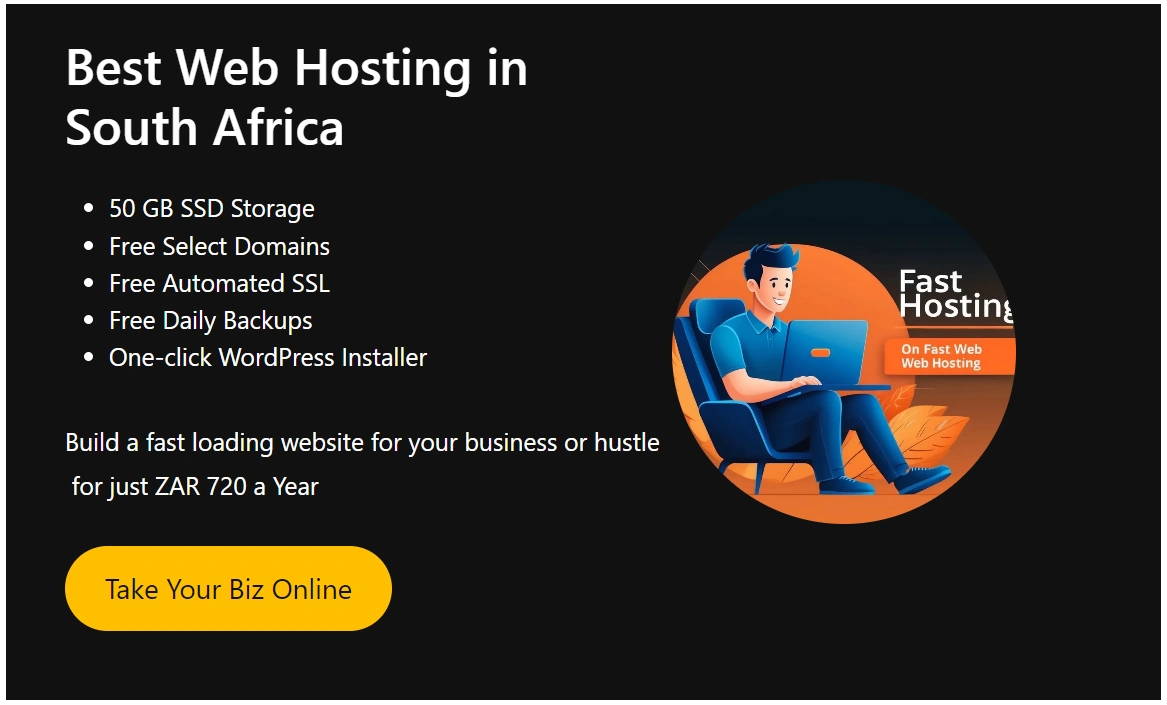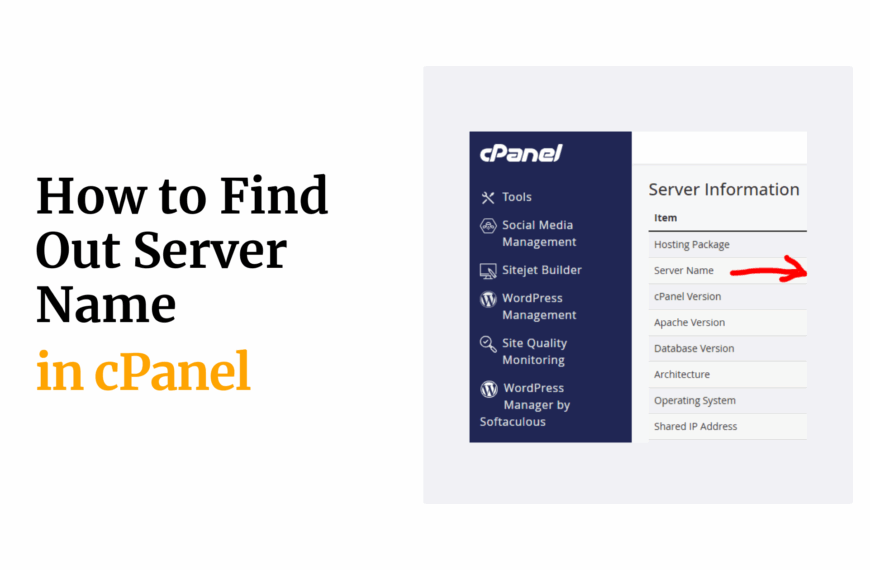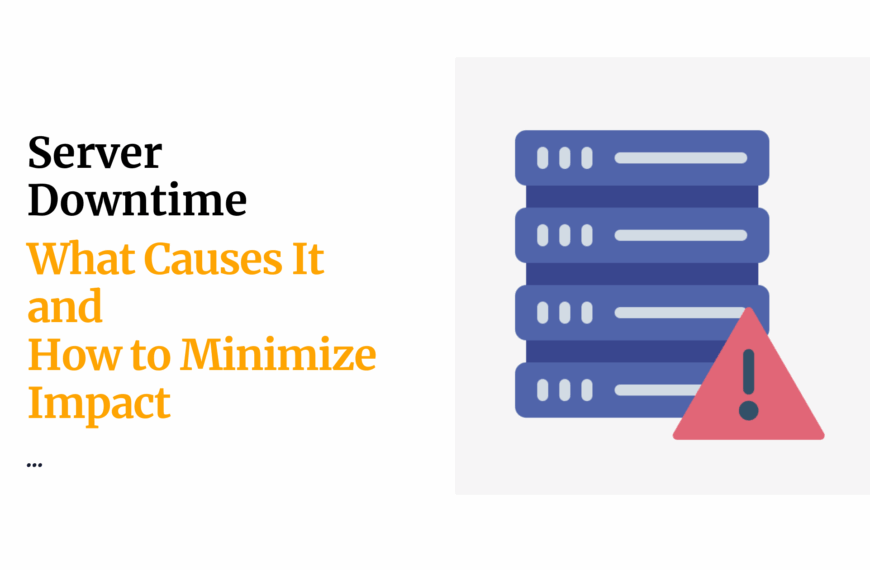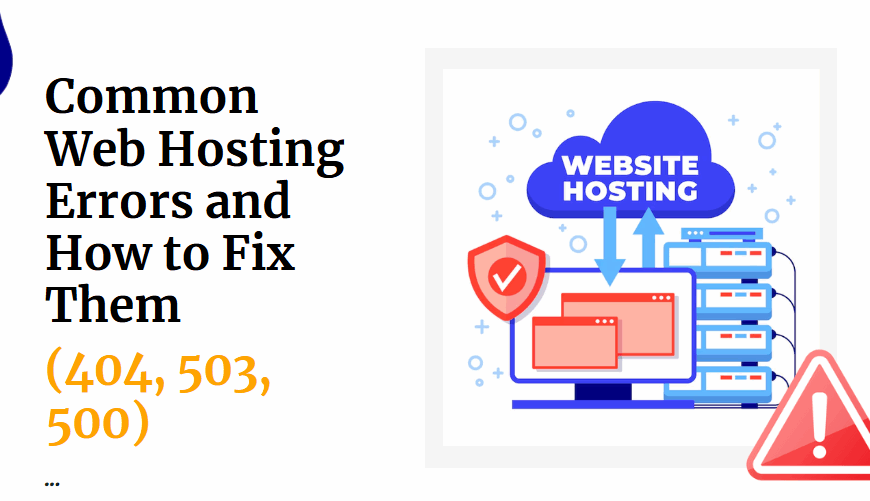If you own a website it means you are likely to have heard or seen the acronym CDN. So, What is a CDN? That is precisely what we will be exploring today.
As you know, the performance of your website is the lifeblood of your business. It can make or break the number of customers staying or leaving.
But what does a CDN have to do with that?
A CDN or Content Delivery Network is a reliable solution which can enhance your website by improving its speed, security, and Google ranking.
Local companies frequently encounter numerous problems when it comes to providing flawless online services.
Yet, these issues can be remedied with specialized web hosting solutions which feature CDN capabilities that enable effortless success in a competitive environment.
In this article, we outline what a CDN is, how it functions, its use, as well as its various benefits.
We explain everything including hosting plans that will optimize your presence online, as well as greatly improve your website speed, strengthen your security, improve your SEO, and much more.
Read on!
Table of Contents
What Is a CDN?
To explain the term CDN in detail, let’s first consider what it stands for: Content Delivery Network (CDN).
It is a network of distributed servers that deliver web content to a user at a remote location.
In simpler words, suppose you are a customer in Pretoria and there is a website you want to visit that is hosted in Europe.
Without CDNs, the user’s data retrieval would be a mile based race.
CDNs for your website content retrieval are like placing your finish line at many locations from where the user can get your data.
It’s straightforward when someone visits a site, the CDN goes to the nearest edge server to fulfill the user’s request.
A Cape Town user gets content from a South African server, and a London user retrieves content from a European server.
This expedites the loading time, which improves website performance.
For South African businesses, particularly those located in rural areas, the CDN is a transformative tool.
Also, CDNs cache static content, including product images, design layouts of blog posts, and other static content, which means they’ll loading in a split second.
Truehost’s shared and VPS hosting plans come with CDN integration, enabling users to effortlessly provide reliable and faster content with no advanced technical skills.
Does speed really matter? Let’s check out why.
How CDNs Boost Website Speed
Today’s online world operates at warp speed.
Research shows that 53% of users will abandon a website if it takes longer than 3 seconds to load.
For South Africa, where over 60% of internet users browse using mobile, slow websites will definitely cost you customers and sales.
But how does a CDN make your site faster? Let’s explore CDNs role in speed optimization.
1. CDN reduces latency
A CDN minimizes latency by delivering data from edge servers that are closer to your users.
For example, if you run an e-commerce store in Johannesburg, a customer from Durban won’t need to wait for data to reach a distant server.
Instead, the CDN provides cached data, such as product images and checkout pages, from nearby servers, often in milliseconds.
This is critical in South Africa, where users from rural regions like Limpopo or the Eastern Cape face slow internet.
2. Reduce bounce rates
Websites that load faster not only please visitors, but they also lower bounce rates and drive higher engagement levels.
For example, a travel agency based in Cape Town can ensure that their booking pages load within seconds using a CDN, which motivates customers to complete their bookings.
Businesses tend to struggle with slower load times.
Research indicates that a business’s conversion rate can plummet by up to 7% for every additional second in load time.
Restaurants, e-commerce websites, and online education platforms can see substantial losses.
3. Optimize content delivery
Moreover, CDNs assist in optimizing the delivery and loading of webpages by compressing files and balancing the workload on various servers during busy periods.
For example, during the Black Friday sales, retailers are able to cope with thousands of visitors thanks to CDN’s ability to manage traffic.
Truehost offers cloud hosting that contains CDN technology to optimize website performance.
This way, customers in Pretoria, Bloemfontein, and other regions can experience seamless performance.
They also offer WordPress hosting optimized for faster speed, enabling blogs and small businesses to flourish.
4. Security
But speed isn’t the only benefit.
They also enhance the security of the website, which is a very important factor for businesses based in South Africa that are facing an increase in cyber threats.
Enhancing Website Security with CDNs
Every company with an online presence experiences cybersecurity threats, and South Africa is no exception.
Safeguarding your website is imperative, particularly given the rise of cyber attacks such as DDoS (Distributed Denial of Service).
Understanding what a CDN is, also entails knowing that it acts as a security shield.
Here is how CDNs improve security:
- DDoS Protection: CDNs mitigate DDoS attacks by distributing traffic to edge servers, which makes it extremely difficult for an attacker to flood your site with malicious requests. This enables your site to remain operational even during an attack.
- SSL/TLS Encryption: CDNs provide secure connections, encrypting data like customer payment details or login credentials. This is vital for e-commerce businesses in Johannesburg or service providers in Durban.
- Web Application Firewalls (WAF): Many CDNs include WAFs to filter out harmful traffic, such as hacking attempts or malware.
- Geo-Blocking: CDNs can restrict access from suspicious regions, adding an extra layer of protection.
For businesses in South Africa, security signals trust. Consider an online shop located in Port Elizabeth.
A secure site gives customers peace of mind, making them willing to shop.
A CDN’s security features can also enhance your site’s uptime during traffic storms or attacks, ensuring maximum accessibility.
A Pretoria-based consultancy, for example, can leverage Truehost’s dedicated hosting with CDN security to maintain client data access and uptime.
Truehost’s hosting plans integrate these security features, so you don’t need to be a tech guru to keep your site safe.
Their reseller hosting is ideal for agencies that have many clients and manage multiple sites, giving them access to affordable CDN security.
But that’s not everything; CDNs also enhance your search engine ranking.
CDNs and SEO: Driving Visibility for South African Businesses
If your question is what is a CDN in the context of SEO, the answer is simple: it’s a secret weapon for climbing Google’s rankings.
In South Africa’s competitive digital market, visibility is key to attracting customers.
A CDN improves SEO in three major ways: speed, mobile optimization, and reliability.
1. Speed
Google’s Core Web Vitals—metrics like Largest Contentful Paint (LCP) and Cumulative Layout Shift (CLS)—measure how fast and stable your website is.
A CDN helps you ace these metrics by reducing load times and ensuring smooth performance.
For example, a Johannesburg restaurant with a CDN-optimized site can rank higher when locals search for “best restaurants near me,” driving more foot traffic.
2. Mobile Optimization
Mobile optimization is another SEO factor, especially in South Africa, where mobile internet usage dominates.
A CDN ensures your website loads quickly on smartphones, even on slower 3G or 4G networks in rural areas like Mpumalanga.
This improves user experience and boosts your mobile search rankings.
3. Reliability
Uptime is also critical.
A CDN distributes traffic across servers, preventing crashes during traffic spikes.
For instance, a Cape Town e-learning platform can stay online during peak usage, ensuring students can access courses without interruption.
Google rewards reliable websites with better rankings.
Truehost’s web hosting plans are designed with SEO in mind, integrating CDNs to improve speed, mobile performance, and uptime.
Pair this with their domain registration services to create a strong online identity with a .co.za domain.
To maximize SEO, combine CDN benefits with optimized content, like keyword-rich blogs or product descriptions.
Let’s look at why South African businesses specifically need CDNs.
Why South African Businesses Need CDNs
South Africa’s digital landscape is unique, with a mix of fast urban connectivity and slower rural networks.
For anyone from a startup in Sandton or a retailer in Soweto, delivering a consistent online experience is a challenge.
This is where a CDN becomes critical for local businesses.
Here’s why South African businesses need CDNs:
- Mobile-First Audiences: With over 60% of South Africans browsing on mobile devices, CDNs ensure fast load times on smartphones, even in areas with limited connectivity.
- Geographic Diversity: Customers in urban hubs like Durban or rural areas like the Northern Cape expect the same performance. CDNs deliver content from local servers, leveling the playing field.
- Competitive Industries: E-commerce, education, tourism, and media businesses need to stand out. A fast, secure website gives you an edge over competitors.
- Local Challenges: Power outages or network fluctuations can disrupt online services. CDNs improve reliability by caching content and balancing loads.
For example, an online bookstore in Bloemfontein can use a CDN to deliver book previews quickly to students across South Africa.
A tourism agency in Stellenbosch can ensure its booking platform loads instantly for international visitors.
Truehost’s shared hosting and cloud hosting plans make CDNs accessible to businesses of all sizes, from freelancers to enterprises.
When you’re addressing these local needs, Truehost helps you create a website that resonates with South African audiences.
Their affordable plans and local support ensure you get the most out of CDN technology.
Choosing the Right CDN with Truehost Hosting
Now that you understand what a CDN is and its benefits, how do you choose the right one?
With so many options, it can feel overwhelming.
Here are key factors to consider:
- Global and Local Coverage: Look for a CDN with edge servers in or near South Africa to minimize latency for local users.
- Scalability: Your CDN should handle traffic spikes, like during holiday sales or viral marketing campaigns.
- Ease of Integration: A CDN should work seamlessly with your hosting platform, requiring minimal setup.
- Cost-Effectiveness: Small businesses and startups need affordable solutions without sacrificing performance.
Truehost takes the complexity out of CDNs.
Their VPS hosting and cloud hosting plans include built-in CDN integration, so you get speed, security, and SEO benefits without extra costs or technical know-how.
For example, a Durban-based fashion retailer can use Truehost’s WordPress hosting to launch a fast, secure online store with minimal effort.
Conclusion
So, what is a CDN?
It’s a powerful tool that makes your website faster, safer, and more visible on search engines.
For South African businesses, a CDN is essential for delivering exceptional online experiences, wherever your customers are from, Johannesburg, Cape Town, or rural areas.
From speeding up load times to protecting against cyber threats and boosting SEO, a CDN is a must-have in today’s digital world.
So, don’t let slow load times or security risks hold you back—explore Truehost’s hosting plans today and take your online presence to the next level!
 Web Hosting
Web Hosting Windows HostingBuilt for Windows apps and websites – stability, speed and flexibility
Windows HostingBuilt for Windows apps and websites – stability, speed and flexibility Reseller HostingLaunch a hosting business without technical skills or expensive infrastructure
Reseller HostingLaunch a hosting business without technical skills or expensive infrastructure Affiliate ProgramRefer customers and earn commissions from sales across our platform
Affiliate ProgramRefer customers and earn commissions from sales across our platform Domain SearchFind and secure a domain name in seconds with our quick lookup tool
Domain SearchFind and secure a domain name in seconds with our quick lookup tool CO ZA Domains
CO ZA Domains All DomainsExplore domain names from over 324 TLDs globally – all in one place
All DomainsExplore domain names from over 324 TLDs globally – all in one place Free Whois Lookup Tool South Africa
Free Whois Lookup Tool South Africa VPS
VPS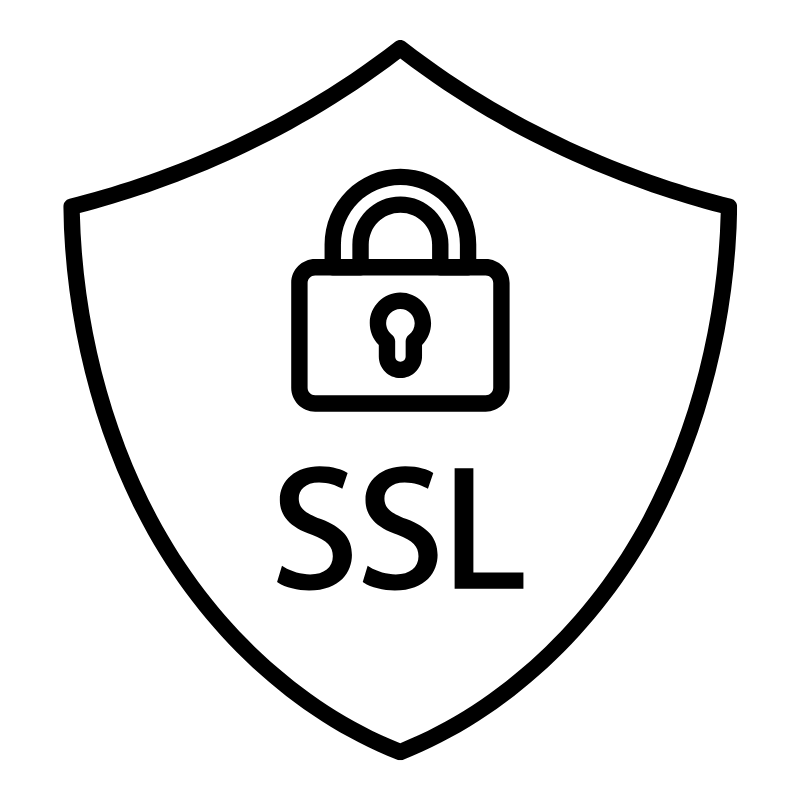 SSLs
SSLs
